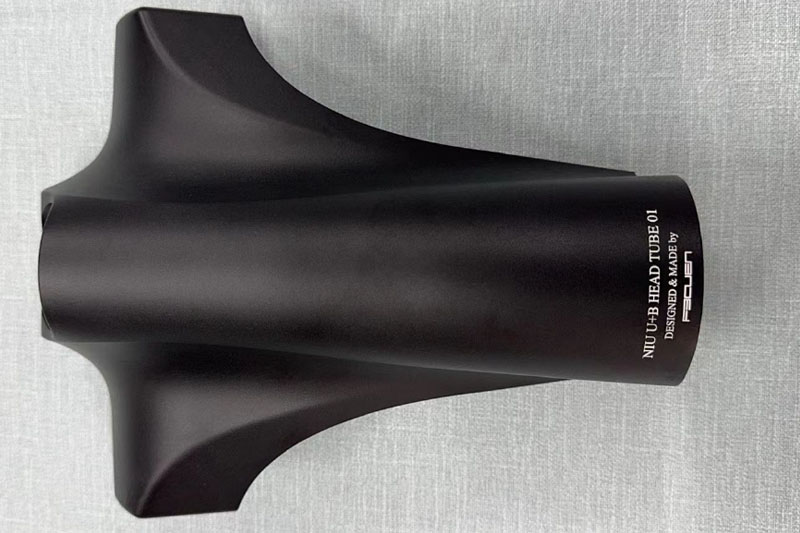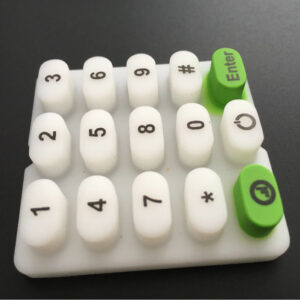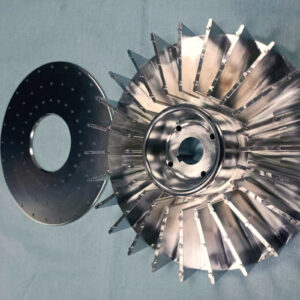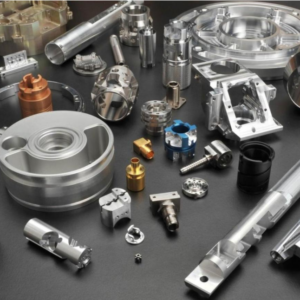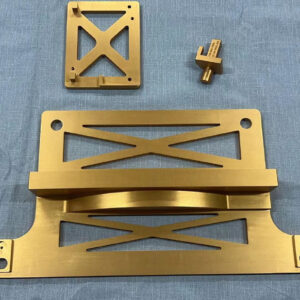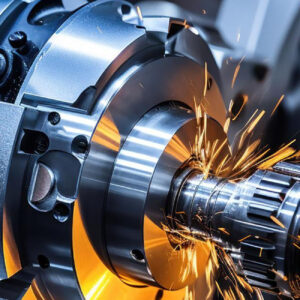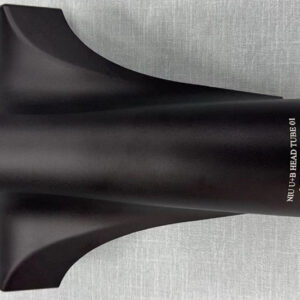Understanding the Anodizing Process for Aluminum Alloys
Anodizing is a critical finishing process used to enhance the durability, appearance, and corrosion resistance of aluminum alloys. This electrochemical process not only extends the life of aluminum components but also allows for various aesthetic finishes. In this article, we’ll explore the anodizing process, its benefits, and its applications.
Title: Understanding the Anodizing Process for Aluminum Alloys
Introduction
Anodizing is a critical finishing process used to enhance the durability, appearance, and corrosion resistance of aluminum alloys. This electrochemical process not only extends the life of aluminum components but also allows for various aesthetic finishes. In this article, we’ll explore the anodizing process, its benefits, and its applications.
What is Anodizing?
Anodizing is an electrochemical process that converts the metal surface into a durable, corrosion-resistant, anodic oxide finish. Unlike painting or plating, the anodized layer is part of the metal itself, making it incredibly strong and resistant to wear.
The Anodizing Process
Cleaning: The aluminum is cleaned to remove any surface contaminants.
Pre-Treatment: The surface is smoothed or given a matte finish.
Anodizing: The aluminum is submerged in an electrolytic solution, where an electric current is applied. This process forms a thick oxide layer on the surface.
Coloring (Optional): Dyes can be added to the anodized layer for aesthetic purposes.
Sealing: The pores in the anodized layer are sealed to enhance corrosion resistance.
Benefits of Anodizing Aluminum Alloys
Corrosion Resistance: Anodized aluminum withstands exposure to harsh environments, including marine and industrial applications.
Increased Durability: The anodized layer is hard and resistant to wear, making it ideal for high-traffic areas.
Aesthetic Flexibility: Anodizing allows for a range of finishes, from clear to colored, enhancing the visual appeal of aluminum components.
Environmental Friendliness: Anodizing is a safe, environmentally friendly process that produces minimal waste.
Applications of Anodized Aluminum Alloys
Anodized aluminum is used across various industries due to its versatility and durability:
Architecture: Used for window frames, curtain walls, and roofing.
Automotive: Ideal for trim and body panels, offering both protection and aesthetic appeal.
Electronics: Provides a durable, insulating layer for components.
Consumer Goods: Common in cookware, sporting equipment, and home appliances for both protection and decoration.
Best Practices for Anodizing
Material Selection: Choose the appropriate aluminum alloy for the desired anodizing outcome, as different alloys produce different finishes.
Process Control: Maintain strict control over the anodizing parameters to ensure consistent quality.
Post-Anodizing Care: Handle anodized parts carefully to prevent damage to the oxide layer and ensure long-term durability.
Conclusion
Anodizing aluminum alloys is a vital process in many industries, offering a blend of enhanced performance and aesthetic appeal. By understanding the process, benefits, and applications, manufacturers can optimize their use of anodized aluminum, ensuring both quality and longevity.
1. Rapid Prototyping
2. CNC Machined Parts
3. CNC Turning
4. Sheet Metal
5. Die Casting
6. Small to Large Batch Production with Various Quantities
7. CMM Inspection
8. Surface Treatment (Spray Painting, Screen Printing, Sandblasting, Electroplating, Anodizing, etc.)
1. Minimum Order Quantity: 1 Piece
2. 475 Available Materials
3. 21 Surface Treatment Options
4. We Have 100 Professional Employees.
5. 24-Hour Quotation for Prototypes
6. 4-24 Hour Quotation for Mass Production
7. 100% Full-Dimensional Inspection
8. Provision of CMM Inspection Reports, Heat Treatment Inspection Reports, and Surface Treatment Certificates
9. Many of Our Technicians Have Over 10 Years of Experience, Proficient in CNC 3-Axis, 4-Axis, and 5-Axis Programming, as Well as Various Molds.
10. If Needed, Our Engineering Team Can Provide Design Suggestions.
11. Our Engineering Team Can Offer the Most Reasonable and Economical Mass Production Solutions Based on Different Quantities.
12. If Required, We Can Deliver Assembled Products.
1. Robotics
2. Aircraft
3. Medical Devices
4. Automotive and Motorcycle
5. Machinery
6. Design Companies
7. Bicycles
8. Marine
9. Electronics
10. Scientific Equipment
11. Oil and Gas Control Systems
12. Signal Receiving Equipment
13. Optical Equipment
14. Beauty
15. Lighting
1. ISO9001 Certified, Laying a Solid Foundation for Product Quality.
2. Signing Non-Disclosure Agreements to Protect Customer Information.
3. Technicians Receive Annual Training to Continuously Improve Our Skills.
Propose project suggestions and optimize product structure.
Freely assemble.
Your quotation is very prompt; I enjoy working with you.
Your parts are truly excellent. We just received a large box today. Fantastic!

